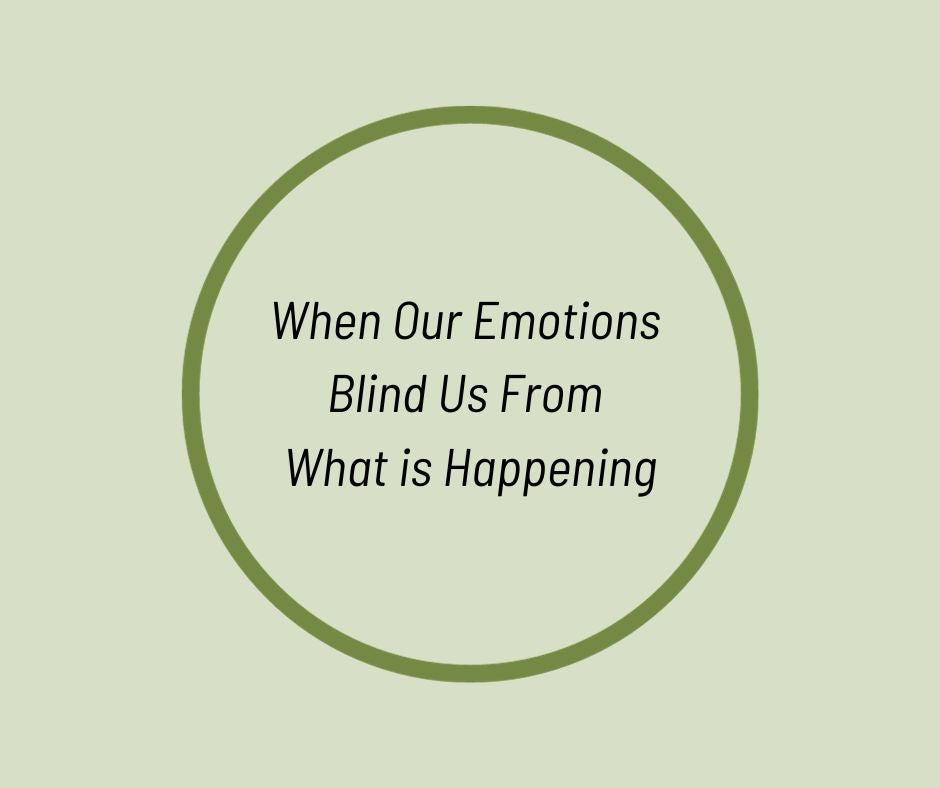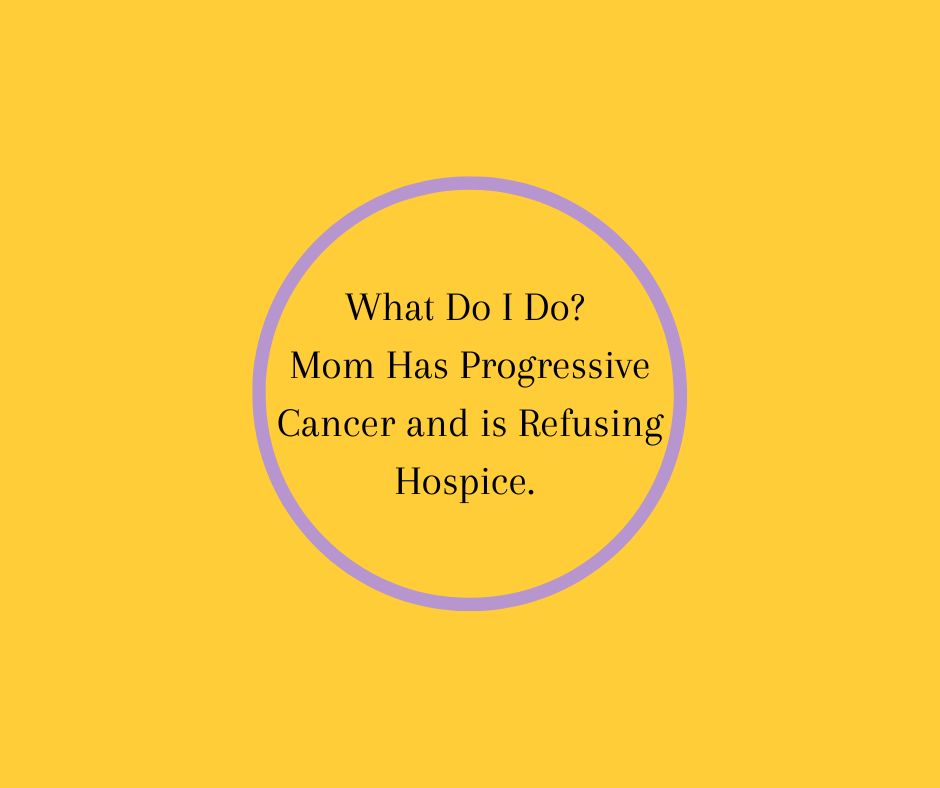When it comes to looking at how long someone diagnosed with a life-threatening illness has to live, we tend to give people more time than they actually have.
Doctors do it, family does it. It is the hospice nurse or end of life doula’s job to be the realist, to guide all present.
Families give more time by seeing through the lens of their emotions, their fears, and their lack of role models. People don’t have accurate role models on what dying looks like anymore, other than movies, and people don’t die like that.
It is the end of life team (hospice or EOL doulas) that must be clear, observant, and honest while being gentle and supportive as they guide families and significant others through this challenging yet sacred time.
This guidance comes in the form of explaining the signs of approaching death. This guidance is teaching pain management and use of narcotics (what they do, how much to give and the response). This guidance is not just explaining the way death comes and what it will look like, but ensuring that those listening understand what this means.
Addressing the most realistic timelines of approaching death allows families and significant others the opportunity to do and say what needs to be done and said, to put affairs in order, to bring family and significant others together.
Addressing the timelines of approaching death also neutralizes the false hope that our person will get better, that there is more time. It addresses the “I can do it tomorrow” procrastination we tend to have when we are experiencing something uncomfortable.
Addressing the timelines of approaching death gives families the opportunity to come together, spend time with each other, support each other, and to say goodbye.
Something more… about Addressing Realistic Timelines for the Dying
I urge hospice staff and end of life doulas to read my book, The Final Act of Living, Reflections of a Long-Time Hospice Nurse. It is used as a training tool, but reads like a book of stories from my experience these many decades as a hospice nurse at the bedside of the dying. You will see that death doesn't just happen; there is an unfolding. There is a process to the dying.








4 comments
Elizabeth
Having worked for an inpatient Hospice Unit, I have shared many of your booklets with families of the dying, as well as supplied my vet several of your pet one for her clients losing their ‘fur babies.’ I also received my certification as an end-of-life doula and your information is invaluable.
Thank you for all you do.
My thoughts and prayers are with you over the recent loss of your husband.
———
BK Books replied:
Hi Elizabeth, thank you for sharing my materials with others. Education is 90% of end of life work. Blessings to you in the work you are doing. Barbara
Having worked for an inpatient Hospice Unit, I have shared many of your booklets with families of the dying, as well as supplied my vet several of your pet one for her clients losing their ‘fur babies.’ I also received my certification as an end-of-life doula and your information is invaluable.
Thank you for all you do.
My thoughts and prayers are with you over the recent loss of your husband.
———
BK Books replied:
Hi Elizabeth, thank you for sharing my materials with others. Education is 90% of end of life work. Blessings to you in the work you are doing. Barbara
Anne Gorman
Thank you for this…I have found that our doctors just don’t want to give their patients over to Hospice.
I so appreciate all the work you do. I pass your booklets around to my senior friends and have been thanked for doing so.
———
BK Books replied:
Hi Anne, I agree it is hard for many physicians to make a hospice referral. There are so many factors but the bottom line is they are doing their patients and families a disservice by not making the appropriate referral. Blessings to you. Barbara
Thank you for this…I have found that our doctors just don’t want to give their patients over to Hospice.
I so appreciate all the work you do. I pass your booklets around to my senior friends and have been thanked for doing so.
———
BK Books replied:
Hi Anne, I agree it is hard for many physicians to make a hospice referral. There are so many factors but the bottom line is they are doing their patients and families a disservice by not making the appropriate referral. Blessings to you. Barbara
Karen Besser
Your books are so easy to read. The guidance was invaluable as I witnessed both of my parents dying simultaneously; replacing false hope on their good days with recognition that those days were a part of the process. I was glad not to be on that emotional rollercoaster ride, but instead, observant and accepting.
You’ve done such wonderful work and I appreciate that you generously share your knowledge with the world.
Thank you Barbara. Karen Besser
———
BK Books replied:
Hi Karen, thank you for your kind words. Blessings to you. Barbara
Your books are so easy to read. The guidance was invaluable as I witnessed both of my parents dying simultaneously; replacing false hope on their good days with recognition that those days were a part of the process. I was glad not to be on that emotional rollercoaster ride, but instead, observant and accepting.
You’ve done such wonderful work and I appreciate that you generously share your knowledge with the world.
Thank you Barbara. Karen Besser
———
BK Books replied:
Hi Karen, thank you for your kind words. Blessings to you. Barbara
Donna
My husband of 35 years passed away October 9th and I couldn’t have gotten through this time of almost 5 months of him having 3 of the same surgeries for a broken femur which kept getting infected. He went through so much pain. He has had alzheimers for more than 5 years with me as his caregiver. The paliative care and hospice nurses were impressed at how much I knew about the death process and I told them it was because of you. They did have your books in the hospice room. I just want to thank you for your kind heart and knowledge and to share it with everyone.
I am also sorry for your loss.
With much love and appreciation.
Donna
———
BK Books replied:
Hi Donna, thank you for your kind words. As you know it is hard work taking care of someone we care about. It helps to have knowledge to guide us. My blessings to you. Barbara
My husband of 35 years passed away October 9th and I couldn’t have gotten through this time of almost 5 months of him having 3 of the same surgeries for a broken femur which kept getting infected. He went through so much pain. He has had alzheimers for more than 5 years with me as his caregiver. The paliative care and hospice nurses were impressed at how much I knew about the death process and I told them it was because of you. They did have your books in the hospice room. I just want to thank you for your kind heart and knowledge and to share it with everyone.
I am also sorry for your loss.
With much love and appreciation.
Donna
———
BK Books replied:
Hi Donna, thank you for your kind words. As you know it is hard work taking care of someone we care about. It helps to have knowledge to guide us. My blessings to you. Barbara